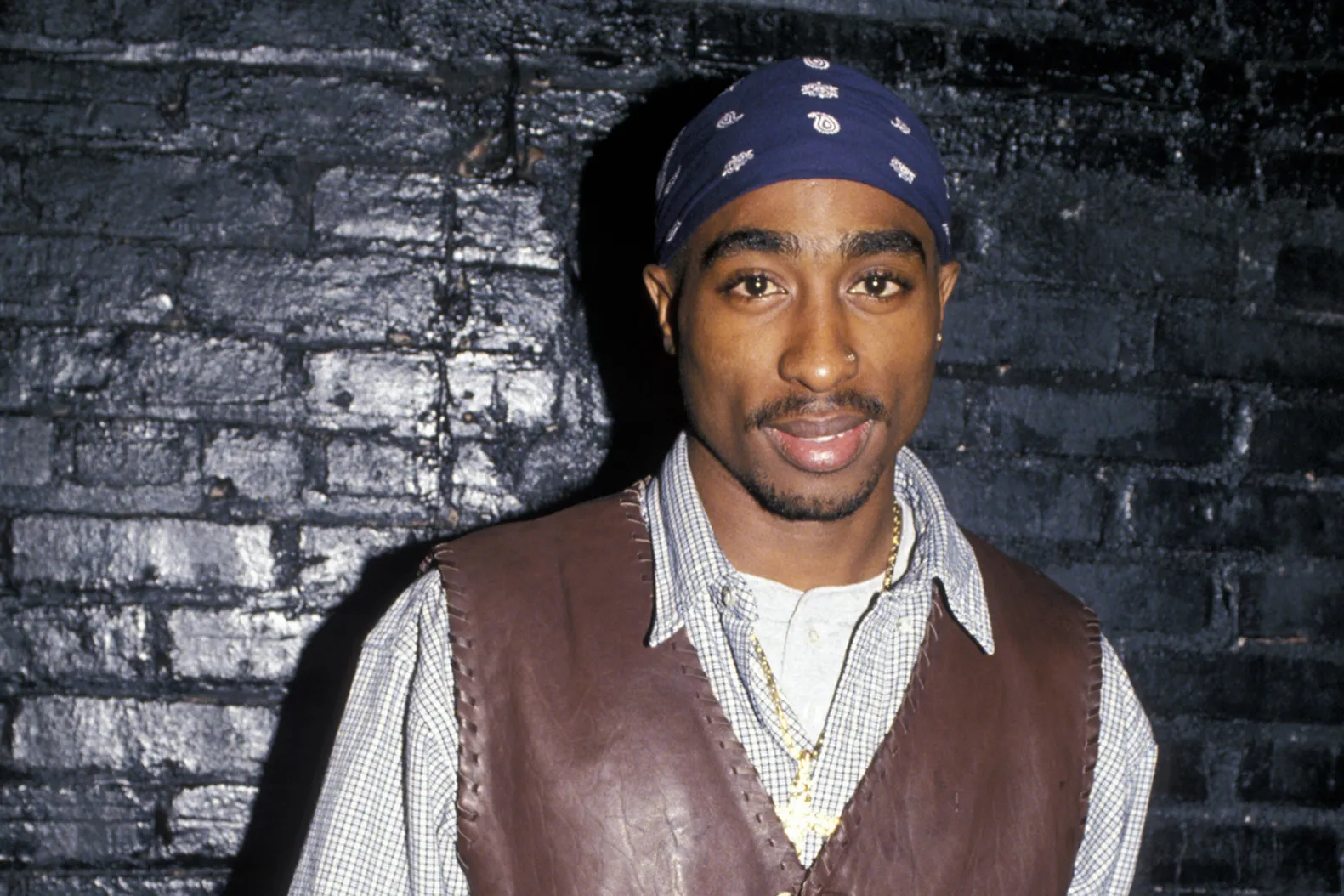
Nearly three decades have passed since rapper Tupac Shakur’s untimely demise on September 13, 1996, at the tender age of 25. The tragic event occurred when he fell victim to four gunshot wounds in Las Vegas. Over the years, the name of Tupac Shakur has persisted, resonating not only among devoted music enthusiasts but also those captivated by the enigma shrouding his life and death.
Born in East Harlem, New York City, Tupac unveiled his debut album, “2Pacalypse Now,” in 1991. Under his stage name stylized as 2Pac, he soared to chart-topping success with hit tracks like “California Love,” “All Eyez on Me,” “Changes,” and “I Ain’t Mad at Cha.” His music, often a poignant commentary on social issues, embraced themes of inequality and adversity.
Even in death, Tupac’s contribution to the music world endured. In 2004, the posthumous single “Ghetto Gospel,” featuring a sample from Elton John’s “Indian Sunset,” ascended to the top of the UK singles chart. His remarkable legacy encompasses over 75 million records sold worldwide and his 2017 induction into the Rock & Roll Hall of Fame. Earlier this year, Tupac Shakur earned a coveted star on the Hollywood Walk of Fame, solidifying his status as one of just 12 rap artists to receive this honor.
The question that continues to intrigue many is, “Is Tupac Shakur really dead?” Over the past 27 years, a barrage of rumors has swirled, ranging from claims of his faking his own death to clandestine existence in another country. Some fervent fans even assert that Tupac embedded clues within his songs, like the eerie references in “Life Goes On” to his own funeral. The video for “I Ain’t Mad at Cha,” released just two days after his demise, depicts a shooting scene eerily similar to the circumstances surrounding his death, prompting speculation.
Sightings of Tupac in various locations have been reported for years, and in 2012, even Kim Kardashian believed she had encountered him. Films and documentaries have delved into not just his musical impact but also the mysterious events of the night he was killed. In a 2017 documentary, Suge Knight, the man who was with Tupac that fateful night, hinted from prison that the rapper might still be alive, saying, “When ‘Pac died, if he really did…”
The enduring theories and mystique surrounding Tupac’s death continue to fuel intrigue and speculation. However, Tupac Shakur untimely departure also leads us to ponder what could have been in his illustrious career. He once remarked, “I have a very short window to live; I’ve got to create a body of work.” Tupac’s music and persona solidify his status as one of the most influential and successful rappers of all time, a profound influence on hip-hop, especially the West Coast rap scene.
Rapper 50 Cent attests, “Every rapper who grew up in the ’90s owes something to Tupac.” Kendrick Lamar acknowledges that Tupac’s work has “inspired” his own career, and hip-hop historian Kevin Powell asserts, “He’s the most important hip-hop icon we’ve ever had in the 50 years of hip-hop.” Tupac Shakur’s legacy is more than the music; it’s an enduring symbol of resilience, artistry, and an indomitable spirit that transcends time.
Read More: Navigating Your Work Environment: The Power of Soft Skills





